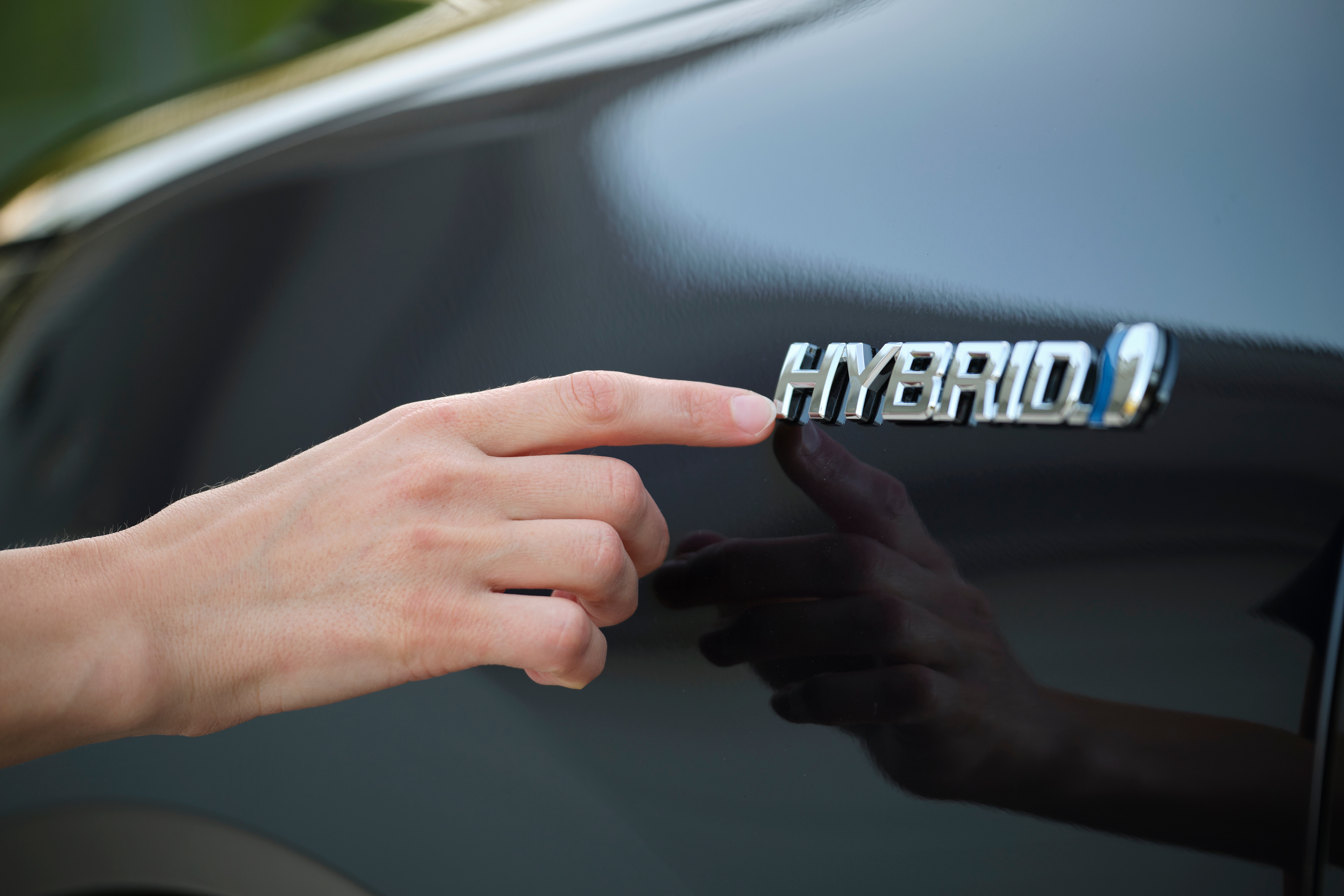
The AA’s Guide to Hybrid Acronyms
Confused with the ever-changing landscape of hybrid acronyms? Just when you thought you understood the difference between a hybrid and a PHEV, along comes a mild-hybrid-plus and the impressively named super-hybrid.
23 January 2024
With all the advances in technology and the evolution of cars, it’s interesting that some aspects of vehicle ownership simply haven’t changed one bit. Every year the AA receives countless calls from concerned AA Members over “unusual noises” coming from their vehicles. So we thought we would run through some of the most likely suspects and what these noises may mean.

Of course, we recommend taking this advice with a grain of salt as there is no substitution for proper diagnosis by a fully qualified mechanic, such as at one of our AA Auto Centres. However, at least you will have a clue about what to expect.
This is often either a loose, worn, or contaminated drive belt. Loose drive belts are becoming less of an issue with more modern vehicles that use a larger single serpentine belt with an automatic tensioner; however, it still does occur.
These drive belts run vital systems like your alternator, water pump, air-conditioning and power steering just to name a few. This noise is often amplified when you turn the steering wheel or use the air-conditioning. If you hear this often-loud noise, it is better to get it checked out sooner rather than later, because if the belt is slipping it is more likely to fail at an inopportune time.
Low pitch humming noises while you are driving can be common but not too easy to diagnose, so obviously this is one for the professionals. Usually, they are driveline related and can include a worn differential, transmission bearings, universal joints, or wheel bearings.
With wheel bearings usually the noise will be coming from one specific corner of the vehicle and will start to growl at around 50km/h and really whine at faster speeds.
All these issues can be serious if left unchecked and its best to see a professional to diagnose the issue further. However, sharing information such as what speed the noise is most prevalent at or which area in the vehicle the sound is more noticeable in can be helpful for the mechanic.
If you hear a squealing or grinding sound from your wheels/brake area, this can mean your brakes are worn out. However, there are a few exceptions to that rule. If you have recently driven through gravel or a recently sealed road, then sometimes stones can get trapped in the braking assembly. This is often the case in modern vehicles with disk brakes, as small stones get lodged between the backing plate and the disks. Sometimes reversing the car a few meters can dislodge the stone from the brakes.
Another cause can be an incompatibility of discs and brake pads, this can cause a squeal on braking particularly at low speeds. Rust build-up on discs can also cause noises with vehicles that have been parked for an extended period of time.
Worn brakes typically start squealing as the wear indicator on disk brakes makes contact with the disc. These indicators are designed to warn you that the brakes are near the end of their life before the friction linings are fully depleted. If you ignore this tell-tale sign from your brakes, you will run the risk of destroying your brake discs - not to mention the brake pad itself could become dislodged and fall out causing the brakes to fail. This will make a simple brake replacement job a lot more costly.
When you hear screeching noises coming from your vehicle’s wipers, the likely cause is worn out or ill-fitting wiper blades, these are easy to replace and are important for your vision and safety. Wiper blades are inexpensive so if yours are starting to get noisy you should have them addressed as soon as possible perhaps with your summer service. It’s also important to check your wash fluid as it may also have gone stale, and this will affect your wiper performance.
When you hear click-click-click while you’re turning, the CV joint (Constant Velocity Joints) are the likely suspects. These are flexible joints that are grease filled and allow transmission of power from the gearbox to the wheels. If these joints have lost their grease it can be due to a split CV boot, or the joint itself has become worn beyond specifications, which will lead to them developing a clicking noise.
The main cause of CV joints prematurely failing are split CV boots, vehicles that are regularly serviced will have less chance of a split CV boot as these boots are generally checked during a service.
If a boot is showing signs of cracking or heavy seeping its best to have it replaced before it fails completely. Another reason to address splitting CV boots is that if a CV boot splits it can contaminate your braking system with grease.
How the AA can help
Vehicle experts you can trust